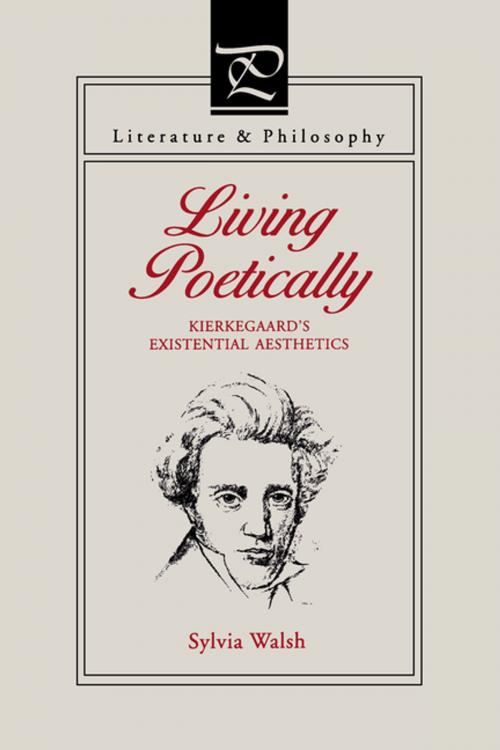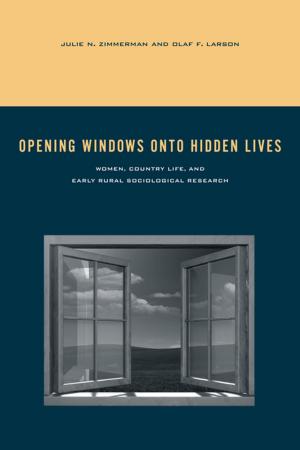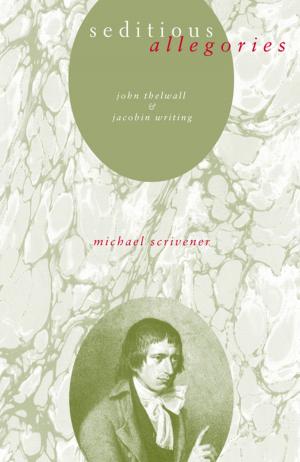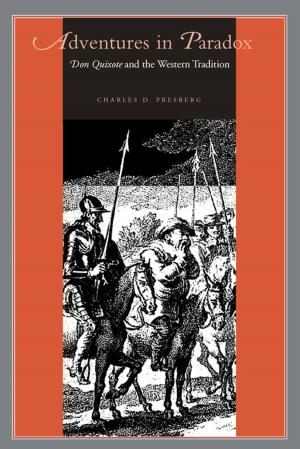Living Poetically
Kierkegaard's Existential Aesthetics
Nonfiction, Religion & Spirituality, Philosophy, Aesthetics, Modern, Christianity, General Christianity| Author: | Sylvia Walsh | ISBN: | 9780271075853 |
| Publisher: | Penn State University Press | Publication: | September 9, 1994 |
| Imprint: | Penn State University Press | Language: | English |
| Author: | Sylvia Walsh |
| ISBN: | 9780271075853 |
| Publisher: | Penn State University Press |
| Publication: | September 9, 1994 |
| Imprint: | Penn State University Press |
| Language: | English |
Living Poetically is the first book to focus primarily on Kierkegaard's existential aesthetics as opposed to traditional aesthetic features of his writings such as the use of pseudonyms, literary techniques and figures, and literary criticism. Living Poetically traces the development of the concept of the poetic in Kierkegaard's writings as that concept is worked out in an ethical-religious perspective in contrast to the aesthetics of early German romanticism and Hegelian idealism. Sylvia Walsh seeks to elucidate what it means, in Kierkegaard's view, to be an authentic poet in the form of a poetic writer and to clarify his own role as a Christian poet and writer as he understood it. Walsh shows that, in spite of strong criticisms made of the poetic in some of his writings, Kierkegaard maintained a fundamentally positive understanding of the poetic as an essential ingredient in ethical and religious forms of life. Walsh thus reclaims Kierkegaard as a poetic thinker and writer from those who would interpret him as an ironic practitioner of an aestheticism devoid of and detached from the ethical-religious as well as from those who view him as rejecting the poetic and aesthetic on ethical or religious grounds.
Viewing contemporary postmodern feminism and deconstruction as advocating a romantic mode of living poetically, Walsh concludes with a feminist reading of Kierkegaard that affirms both individuality and relatedness, commonalities and differences between the self and others, men and women, for the fashioning of an authentic mode of living poetically in the present age.
Living Poetically is the first book to focus primarily on Kierkegaard's existential aesthetics as opposed to traditional aesthetic features of his writings such as the use of pseudonyms, literary techniques and figures, and literary criticism. Living Poetically traces the development of the concept of the poetic in Kierkegaard's writings as that concept is worked out in an ethical-religious perspective in contrast to the aesthetics of early German romanticism and Hegelian idealism. Sylvia Walsh seeks to elucidate what it means, in Kierkegaard's view, to be an authentic poet in the form of a poetic writer and to clarify his own role as a Christian poet and writer as he understood it. Walsh shows that, in spite of strong criticisms made of the poetic in some of his writings, Kierkegaard maintained a fundamentally positive understanding of the poetic as an essential ingredient in ethical and religious forms of life. Walsh thus reclaims Kierkegaard as a poetic thinker and writer from those who would interpret him as an ironic practitioner of an aestheticism devoid of and detached from the ethical-religious as well as from those who view him as rejecting the poetic and aesthetic on ethical or religious grounds.
Viewing contemporary postmodern feminism and deconstruction as advocating a romantic mode of living poetically, Walsh concludes with a feminist reading of Kierkegaard that affirms both individuality and relatedness, commonalities and differences between the self and others, men and women, for the fashioning of an authentic mode of living poetically in the present age.















